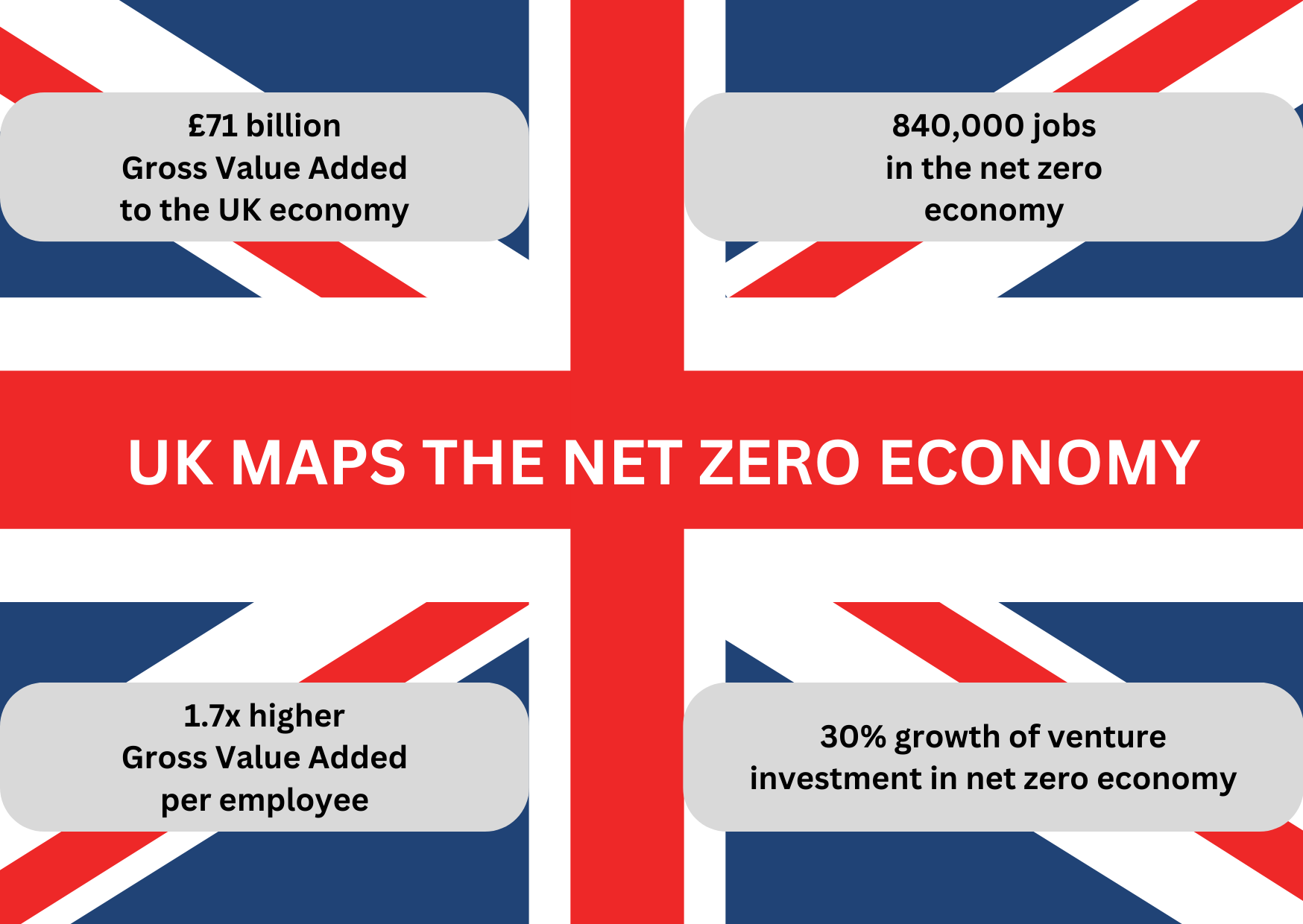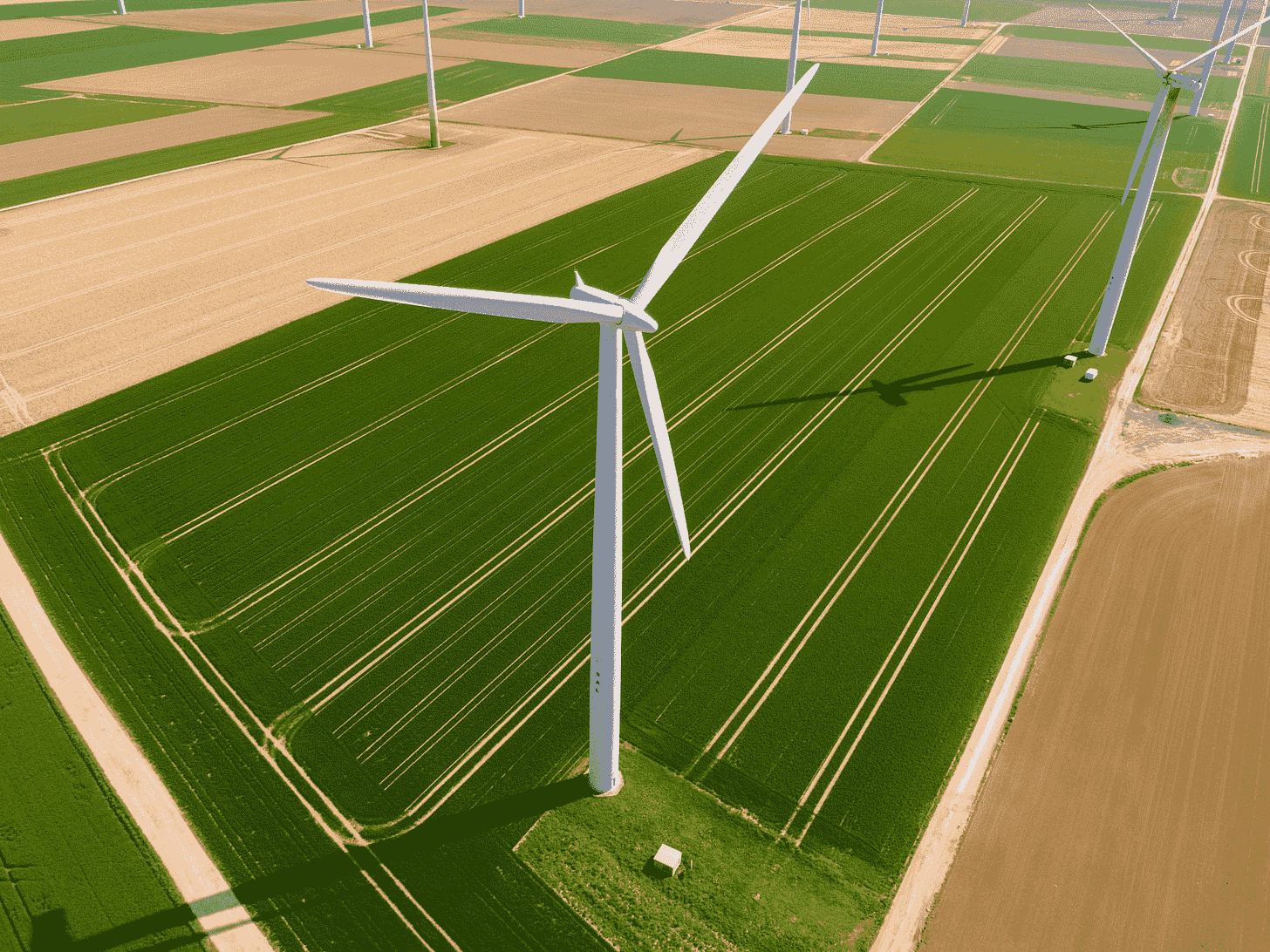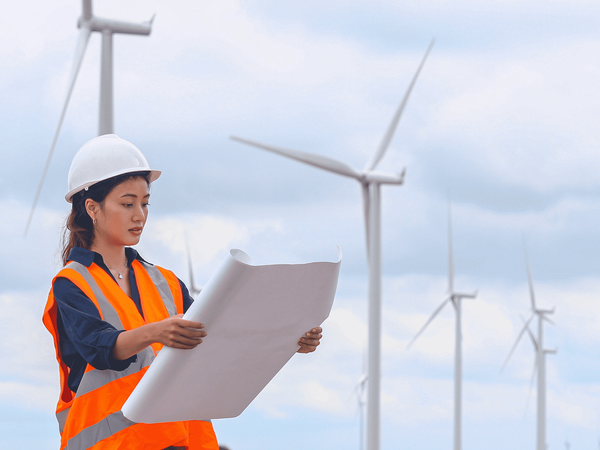UK hopes to meet the ambitious net zero target by locating its green "hot spots"

In January 2023, the Energy and Climate Intelligence Unit (ECIU) published the "Mapping the Net Zero Economy" report that dissects and inspects the UK's current state of the clean economy. The report was prepared in partnership with CBI Economics and the Data City.
The concept of a net zero economy has gained significant traction in recent years, particularly after the Paris Agreement on climate change in 2015. Although numerous countries and companies have since announced their net zero targets, some countries that heavily rely on fossil fuels fear the transition to renewable energy is too costly and leads to job losses in traditional industries, such as fossil fuels.
However, a major percentage of world leaders are pushing every possible opportunity to guide their country to an environmentally safe zone. In the summer of 2019, the UK became the first major economy in the world to pass laws to bring all greenhouse gas emissions to net zero by 2050, compared with 1990 levels. The commitment was immediately followed by other countries such as Japan, South Korea, and the European Union (EU).
What does “Mapping the Net Zero Economy” report contain?
The report is an essential resource for policymakers, businesses, and investors who wish to gain insight into the challenges and opportunities of transitioning to a net-zero economy. It highlights that by pursuing a net zero economy, the UK will achieve its climate targets in several ways, including reducing greenhouse gas emissions, stimulating economic growth, promoting innovation, supporting international climate goals, reducing air pollution, and addressing social and environmental justice issues.
In 2019, only a small percentage of the UK investment, totalled £390 billion, went on low-carbon projects. Over the next three decades, a total investment of around £6-10 trillion is expected— but the country will struggle to channel enough of this investment towards net zero. In 2018, The Climate Change Committee (CCC) set out the path, claiming that the UK would attain a net zero economy by 2050 at a cost of approximately 1-2% of GDP. However, a successful transition would need significant international co-operation and government intervention.

As shown in Figure 1, 840,000 jobs are currently supported through almost 20,000 businesses within the net zero economy, contributing £71 billion in Gross Value Added (GVA) to the UK economy per year. This generates 1.7 times higher GVA per employee than the national average of £64,400. The venture investment into the net zero economy is also growing exponentially at a rate of over 30% per year. In 2021, the funding reached £710 million, over 10 times higher than the oil and gas sub-industry. The report highlights the following strategies can help the UK reach net-zero economy by 2050:
- Investments in low-carbon technologies and infrastructure, as well as policies and regulations that encourage decarbonization, will present a plethora of economic opportunities, such as promoting innovation, job creation, and competitiveness in the global market. Despite the COVID-19 pandemic's disruptions, investments in clean energy amounted to a record high of $303.5 billion in 2020 globally. Renewable energy costs have substantially reduced in recent years, with wind and solar power now becoming more cost-effective than fossil fuels.
- Collaboration between governments, businesses, and civil society will emphasize the significance of public-private sector partnerships, citing initiatives such as the UK's Green Finance Institute and the USA-led Mission Innovation. The businesses understand the significance of being sustainable and have increasingly prioritized sustainability as around a third of more than 2,000 companies of all sizes that have joined the UNFCCC Race to Zero so far globally, are British businesses.
- Necessitating substantial investments in electric vehicles (EVs) and charging infrastructure will help the public be more open to EVs without thinking about the financial burden. Global EVs sale reached a record high of 6.9 million in 2021, despite the pandemic-related slowdown in the automotive industry. The EV battery costs have dropped by 89% since 2010, and charging infrastructure continues to expand globally.
- Carbon capture and storage (CCS) and negative emissions technologies (NETs) will be crucial tools. The CCS technology is already being employed in certain industries, such as cement and steel production, and NETs, such as afforestation and reforestation, are increasingly being used to remove carbon from the atmosphere. However, these technologies are currently expensive and require further research and development.
- A significant shift in consumer behaviour is needed to see the significant positive influence on impact emissions. Consumers are increasingly seeking sustainable products and services, citing the growth in plant-based diets as a way to reduce emissions from livestock production. Almost nine-in-ten consumers choose greener products in their purchasing, offering a major demand into sustainability brand.
Read: Queen Elizabeth II's Final Prime Minister’s Climate Action Plan
UK’s green “Hot Spot”
As shown in Figure 2. The regions, such as the North East, Scotland and the South West have a higher concentration of businesses within the net zero economy, compared to traditional concentrations of activity in London and the South East. In particular, Scotland Central Belt, Greater Manchester and Thames Valley take the top three position in terms of highest job creation and GVA contribution.

Transition to net zero will significantly reduce greenhouse gas emissions, especially from oil and gas, which currently accounts for 80% of total energy consumed.
The net zero economy presents a significant opportunity to leverage the potential of renewable energy sources while also addressing climate change and economic growth concerns. There will be huge economic benefits through creating jobs, increasing energy security, reducing healthcare costs and boost overall economic competitiveness. It will increase energy security by reducing the country's reliance on imported fossil fuels.
The UK’s transition to net zero will be a challenge though, but the report has sincerely highlighted the hot spots, that the government can engage in the transformation and bring big positive influence.
Summary
- The net zero economy has gained significant traction in recent years
- The concept is supported by many environmental groups, including the IPCC, Greenpeace, the NRDC, and WWF
- The UK is the first major economy in the world to pass laws to meet net zero by 2050
- UK’s “Mapping the Net Zero Economy” report highlights the country’s current net zero hotspots
- These hotspots, if transformed properly, will be the country’s hopeful contenders to meet the challenging goal



